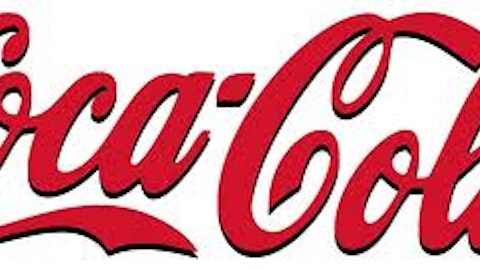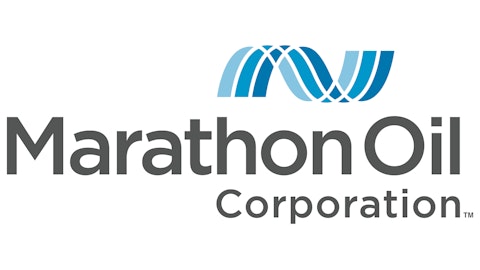
Largely as a result of this state, prices for crude oil extracted from these locations have been severely depressed. Until very recently, Bakken crude traded at a substantial discount to the main domestic crude benchmark, West Texas Intermediate (WTI), while crude produced from Canada’s oil sands continues to trade at a nearly $30 discount to WTI.
But energy companies are highly resourceful. Spotting the tremendous opportunity in these wide price disparities, they’ve increasingly turned toward other methods of transporting crude oil. Even legendary investor Warren Buffett is cashing in on this trend.
Let’s take a look at how some of these alternative transport options are quickly displacing pipelines as the main source of outbound capacity from key North American resource plays.
Buffett rides the rails to profits
Over the past year or so, one of the most intriguing developments in the energy space with regard to oil and gas transportation has been the accelerated use of railcars and barges. Warren Buffett is one of the more famous investors to have reaped the rewards from this trend, through his purchase of Burlington Northern Santa Fe Corp., one of the largest railroad companies in the U.S.
When he bought Burlington Northern back in 2009, he said the investment was a bet on the future of the the railroad industry and the company itself, but also a bet on the future direction of the U.S. economy. Given the rapid rise in the importance of rail transport in shipping crude oil, it turned out to be a great decision. Of the nearly 750,000 barrels per day of crude oil produced in the Bakken in October last year, an estimated 52% was transported via rail, as compared to 38% through pipelines.
Railroads displacing pipelines in Bakken
As the biggest rail-car shipper in the Bakken, Burlington Northern continues to enjoy high demand for crude oil shipments, which more than offset declines in coal shipment volumes. By the end of this year, the company expects to increase crude oil shipments by some 40% to 700,000 barrels per day. Burlington’s outlook highlights the fact that rail transport has quickly gained competitiveness against pipelines.
While shipment costs for rail tend to be higher, it offers greater flexibility and can transport oil to distant markets that are inaccessible via pipeline. Railcars have become so popular in the Bakken, in fact, that they are now giving Enbridge Inc (USA) (NYSE:ENB)‘s North Dakota pipeline system a run for its money.
In recent months, Enbridge’s pipeline system, which can move some 210,000 barrels a day from Minot, N.D., to Clearbrook, Minn., has been losing volumes to railcars. According to a company spokesman, Enbridge Inc (USA) (NYSE:ENB) is “seeing reduced volumes on our North Dakota system as some producers seek alternate transportation options to take advantage of favorable oil pricing in other markets.”
Canadian crude finds its way to U.S. refineries via rail and barge
Another major North American oil production center that is also being serviced by railroad shipments is Alberta’s oil sands. Growing volumes of bituminous coal are seeing high demand from U.S. refiners, who are seeking to capitalize on the massive price disparity between Canadian crude and American inland crude.
Currently, heavier Canadian crudes such as Western Canada Select trade at a nearly $30 discount to WTI, providing a lucrative arbitrage opportunity for refiners that can gain access. For instance, Marathon Petroleum Corp (NYSE:MPC) recently expanded its Detroit refinery’s capacity by 13%, in order to process greater quantities of Canadian crude.




